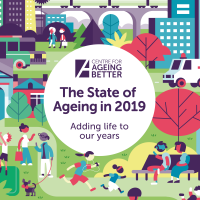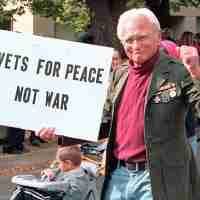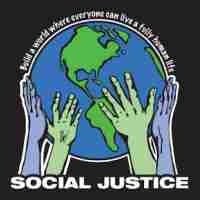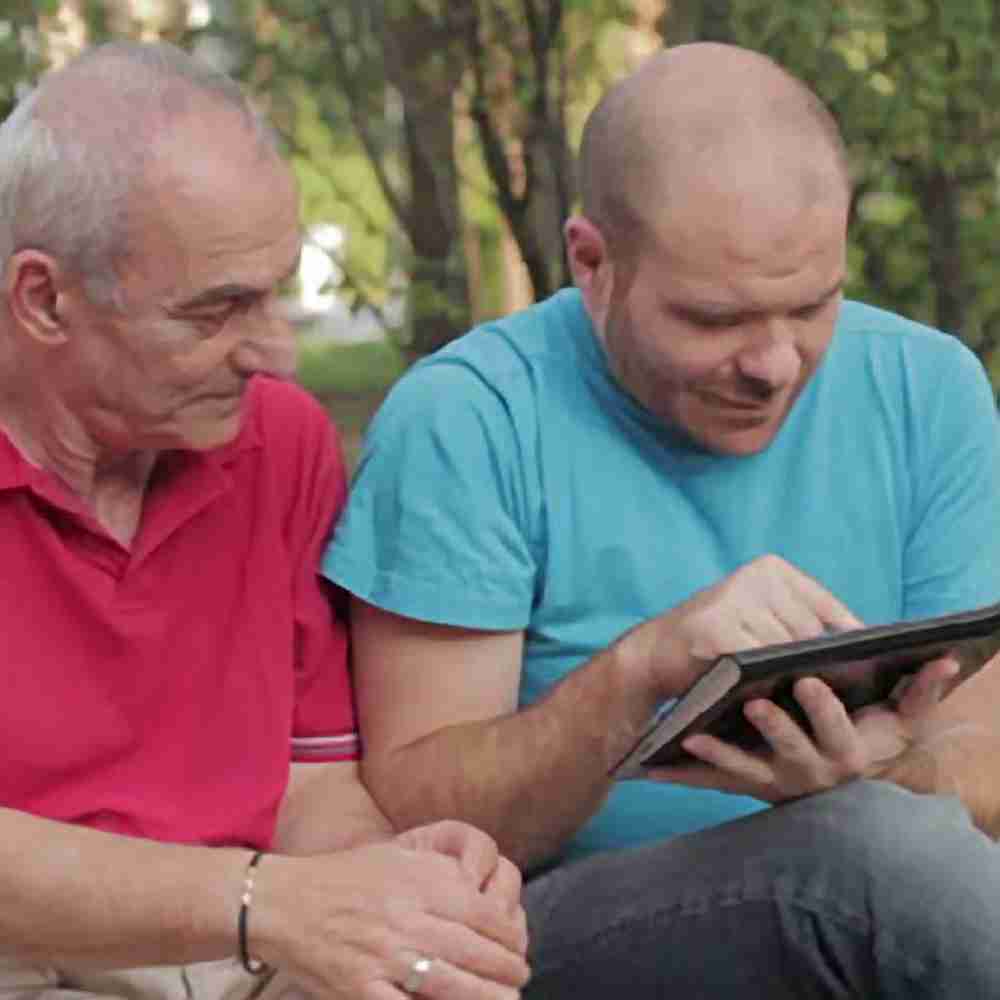Political activism
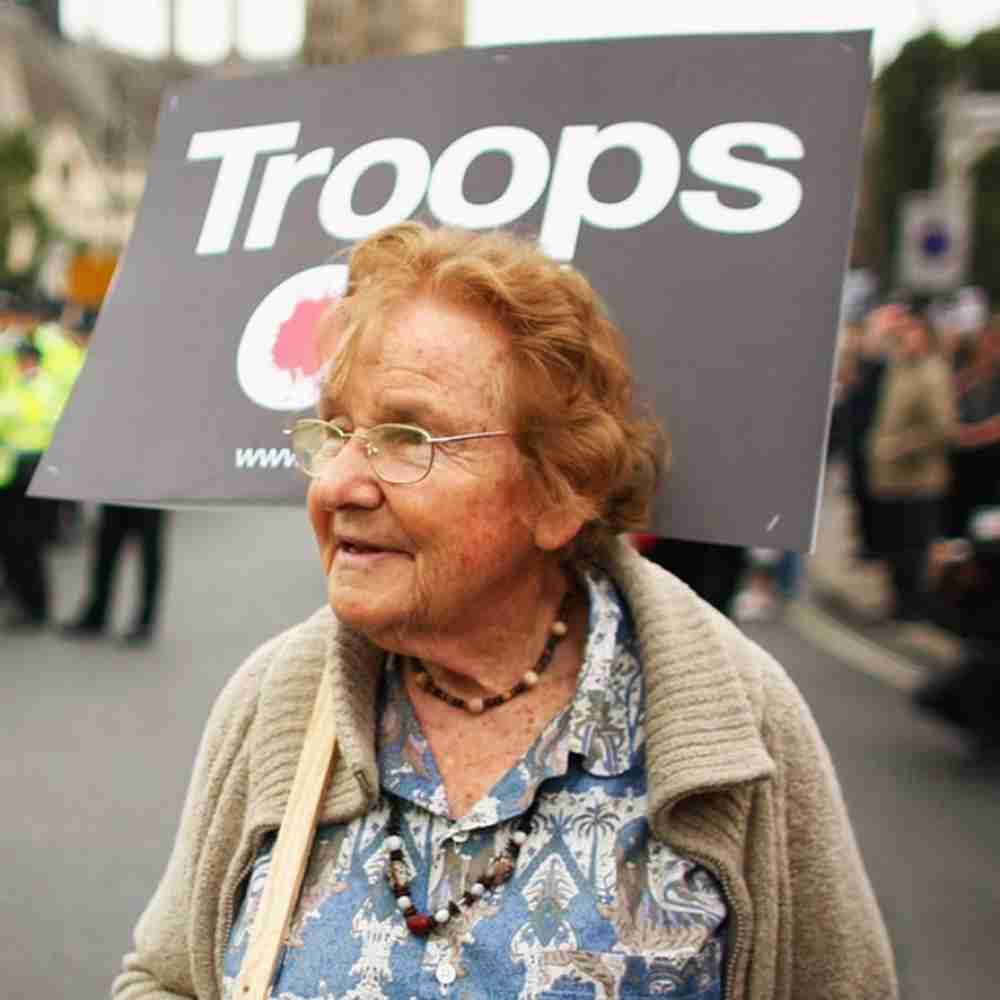
Radical, confrontational political activism, as opposed to more conventional and polite political activity, is often seen as a youthful activity, but in many realms of political life, especially those that disproportionately affect us, it is vital that older people make our voices heard. The more we are disadvantaged and unheard, the stronger and louder those voices need to be. To be sure, many older people recoil at the word “activist,” and would rather see themselves strengthening the bonds of civil society and encouraging civic engagement. Sometimes, however, being too nice doesn’t work.
Especially for poorer seniors, growing concerns about retirement security, age discrimination, increasing poverty, and threats to cut programs can be the impetus for what some are calling a “silver revolution.” In Europe, older protesters often make noise. In 2012, throngs of Greek pensioners marched in Athens to oppose austerity measures. In October 2013, a raucous crowd estimated at 10,000 rallied in front of the Irish Parliament to denounce medical benefit cuts for people over 65. Senior activism is by no means a new idea. In 1970, Maggie Kuhn founded the Gray Panthers to combat age discrimination and establish an inter-generational coalition for social justice. Her longtime employer, the United Presbyterian Church, had forced her to retire at 65. In 1986, after sustained pressure from the Gray Panthers and other advocates, Ronald Reagan, then 75, joined with the 73-year-old speaker of the House, Thomas O’Neill, to abolish the mandatory retirement age. Maggie Kuhn became a pop culture figure, and at the height of the Gray Panthers’ power in the early 1980s the organization had 60,000 members. The Gray Panthers’ influence ebbed in the mid-1980s and eroded further after Maggie Kuhn’s death in 1995, but by then they had achieved many of their initiatives.
“Now, when senior rights and benefits are being squeezed, especially for poorer seniors, is precisely the time for senior rights movements to mobilize once again,” says Andrea Louise Campbell, author of How Policies Make Citizens: Senior Citizen Activism and the American Welfare State. It’s in retirement when people usually have more time to engage, and are liberated from constraints on their political activities by employers. You don’t work for anyone except yourself and your peers any more; you can say what you want, and like Maggie Kuhn you can make a difference.

